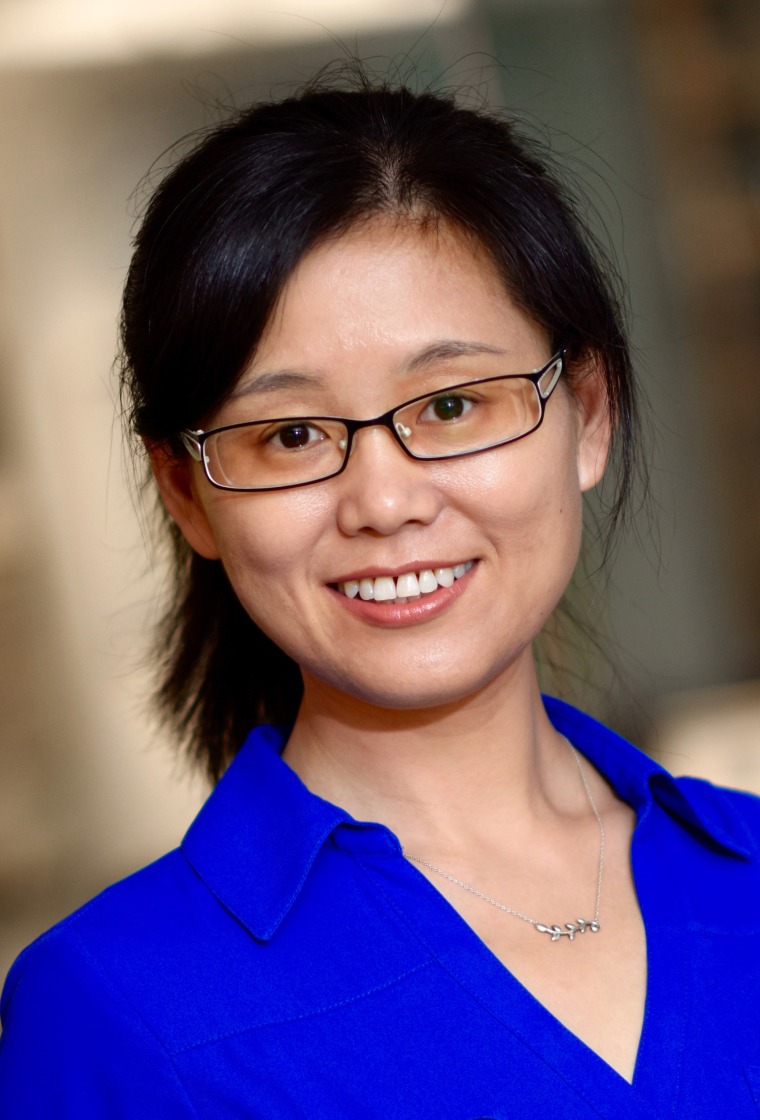LSI Seminar Series: Meng Wang, Ph.D., HHMI Janelia Research Campus
Metabolic signals in longevity regulation across scale
Metabolism is fundamental to life. During metabolic reactions, thousands of metabolites are generated, which are directly connected with cellular activities and highly conserved across species. In addition to their best-known functions as structural building blocks and energy resources, research in Meng Wang's group focuses on their signaling roles in orchestrating organelle homeostasis, coordinating microbe-host communication and extending lifespan and healthspan. Through harnessing the power of functional genetics and multi-omics, their work uncovers several previously unknown metabolite-directed mechanisms in regulating somatic and reproductive longevity. These studies reveal the importance of metabolic signals in linking cellular dynamics and organism health during aging.
Speaker

Meng Wang, Ph.D., received a B.S. from Peking University, China in 2001 and a Ph.D. from the University of Rochester in 2005. After being a completing a postdoctoral fellowship at Harvard Medical School, Wang joined the faculty of Baylor College of Medicine in 2010. Before moving to Janelia in 2022, she was an HHMI Investigator, a professor and the Robert C. Fyfe Endowed Chair on Aging at Baylor College of Medicine (BCM), as well as a co-director of the BCM Genetics and Genomics Graduate Program.
Wang’s research focuses on the molecular mechanisms governing somatic aging, reproductive senescence and lipid metabolism, and their sophisticated interrelationship, through harnessing the power of functional genomics, metabolomics, chemical engineering and optical biophysics. Her group uncovered the first lysosome-to-nucleus retrograde lipid messenger pathway, provided new regulatory mechanisms of reproductive longevity, and demonstrated a novel mode of signaling communication between bacteria and mitochondria in regulating host’s lipid metabolism and longevity. Technological developments based on stimulated Raman scattering microscopy in Wang’s laboratory have provided new ways to visualize and track lipid molecules as a function of time and space in living cells and organisms.
She is the recipient of NIH Director’s Pioneer Award, Peter O’Donnell Award, and Gibco Emerging Leader Prize, HHMI Faculty Scholar Award, ASCB Gibco Emerging Leader Prize, ASCB Early Career Life Scientist Award and SCBA Kenneth Fong Young Investigator Award. She is an elected fellow of American Association for the Advancement of Science.


